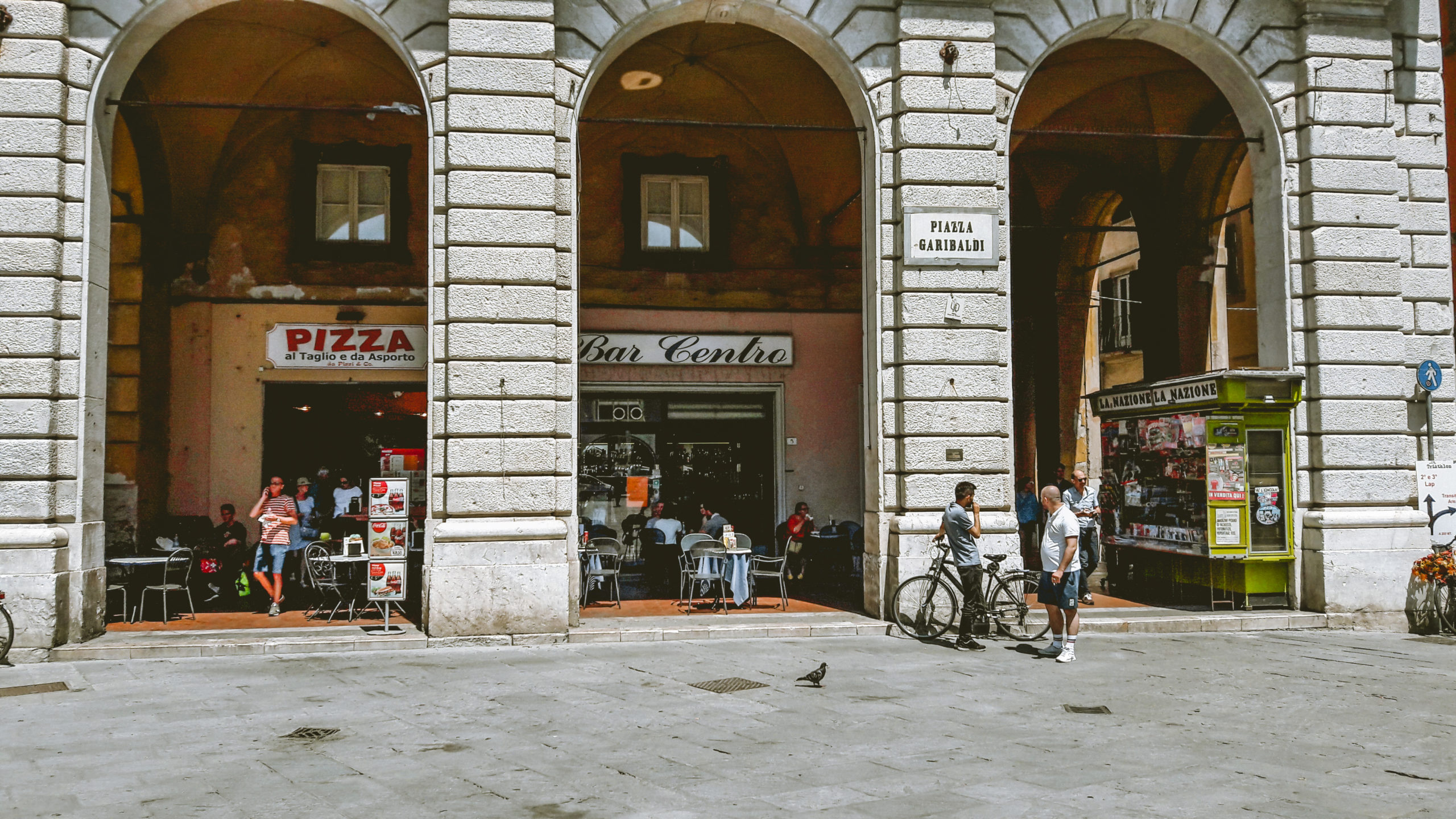[Written By: Valeria Levi]
[Photographer: Adriana Iuliano]
I generally keep an eye on Italian politics and follow the latest news from Glasgow but, of course, when last week I spent a couple of days in Italy, the chance to speak to people directly affected by the electoral campaign there has made me reflect upon it more profoundly.
Everyone claims that this campaign has nothing exciting to it, and when I say that I’m going to vote despite the distance, the most common reply is: “If you didn’t vote, you would not lose a great chance”. Unluckily, the Italian political panorama encourages, almost tempts, its citizens to say so. Electoral debates seem to have run out of any interesting topics to appeal electors and, to kill the time, politicians already talk about future coalitions and reply to one another in the most spectacular ways (trust me, Italians have seen hashtag posters circulating during discussions, that have been used, for example, by the Chamber’s President L. Boldrini to reply his opponent M. Salvini, generally more keen on virulent virtual hashtags).
However, it seems that politicians have agreed on one point: to help Italians save money on cinema and the theatre. It is entertainment enough for them to turn on the TV and watch whichever political debate happens to be on.
For those who like action films or adventurous documentaries, Italian politicians’ race to win the talking-nonsense-competition, where car taxes, life annuities, pension reforms, and university fees are promised to be cancelled and replaced by citizenship incomes and minimum wage. Lots of journalists (the villains) have asked where the money to supply these reforms would come from, but politicians, like parodies of James Bond, run away from danger. Actually – they do not really run. They are limping, weighed down by the question. It only follows to ask: do they really succeed in escaping, or are journalists now sadly used to being too tired to push further with questions that they know will not receive an adequate answer?
However, if you are more into film noir, you shouldn’t miss Italian politicians talking about the Fascist threat lying behind some terrible events, such as the assaults during the last (apparently) democratic demonstration in Piacenza or the racist shooting Macerata. The problem is that, apart from rightly identifying the potential risk of falling into the hands of new anarchist-fascist forces (to which Italy is exposed), they simply go on accusing each other of conniving with these forces without presenting a solid programme about how to prevent those accidents from becoming a consolidated reality. As powerless detectives in thrillers, they give up their case and prefer limit themselves to making some conjectures. Meanwhile, though, citizens still have to deal with the fear of unconfined criminals, and we should not be surprised if we see that, by thinking that institutions will not protect their safety, lots of those people have stopped believing inin change, and are therefore not going to vote.
Finally, to be worthy of its name, Italy cannot renounce some commedie all’italiana, where families divided by the most contradictory feelings gather together, pretend to be genuinely happy over family reunions, and, above all, dine together for long hours talking about nothing instead of facing real difficulties. Similarly, the contemporary electoral campaign has been exceptional for forgetting to discuss issues such as the educational system that is not up-to-date and is founded on temporary employment, or the healthcare system that is going to collapse because of the lack of funds combined with the reduction to resources. In the time between one course and the other, the guests around the political table prefer taking it easy and not caring about what needs to be urgently done, like fighting against local mafia enriched with waste disposal (the mafia gains money by disposing of rubbish in areas which are not meant to do this work and, as they cost less, they have more competitive prices compared to ecological landfills), or launching a plan to integrate immigrants.
Politicians have started a game of non-return where problems cumulate one above the other and either they divert the game by promising new jobs to everyone, especially to young people!, or they look towards the EU asking for help (or accusing it, depending on the situation). As if they did not know the essential problems of the country they administrate, as if they were perfetti sconosciuti (perfect strangers), like in Genovese’s film, sitting around a long table of unresolved, almost dramatic, situations, they seem incapable of identifying Italian difficulties anymore…

